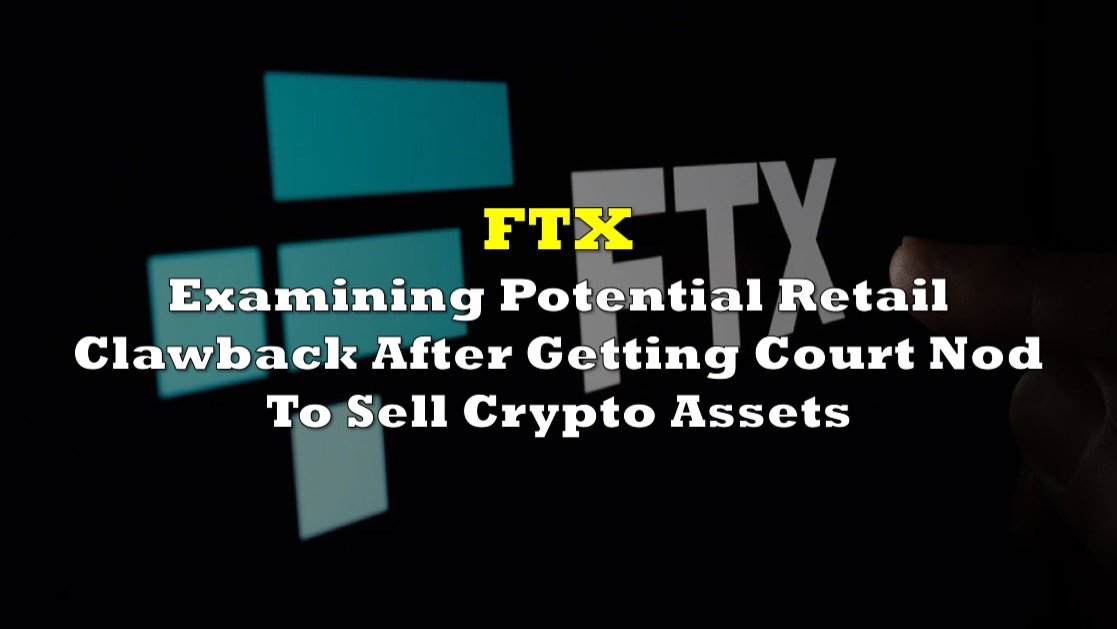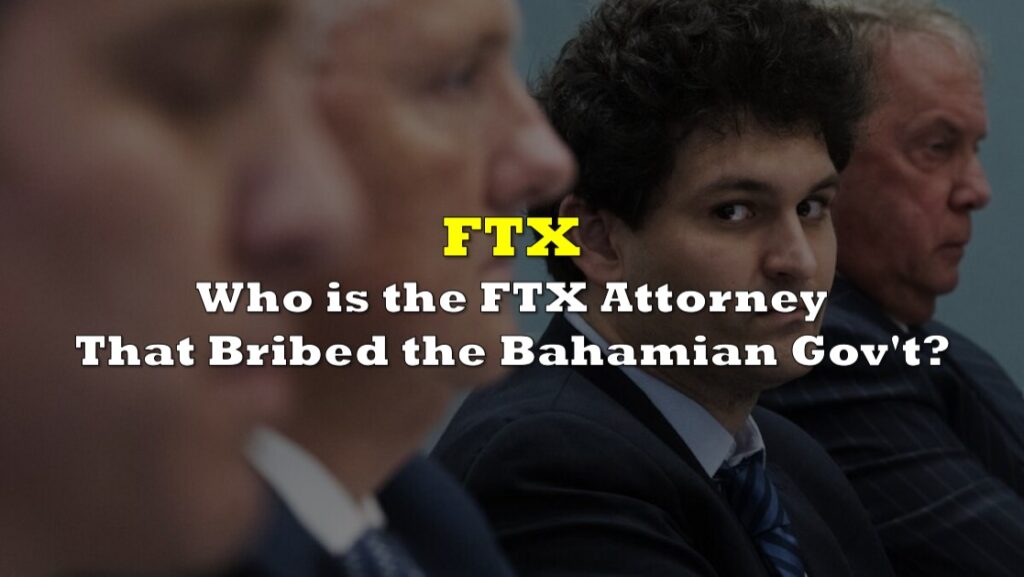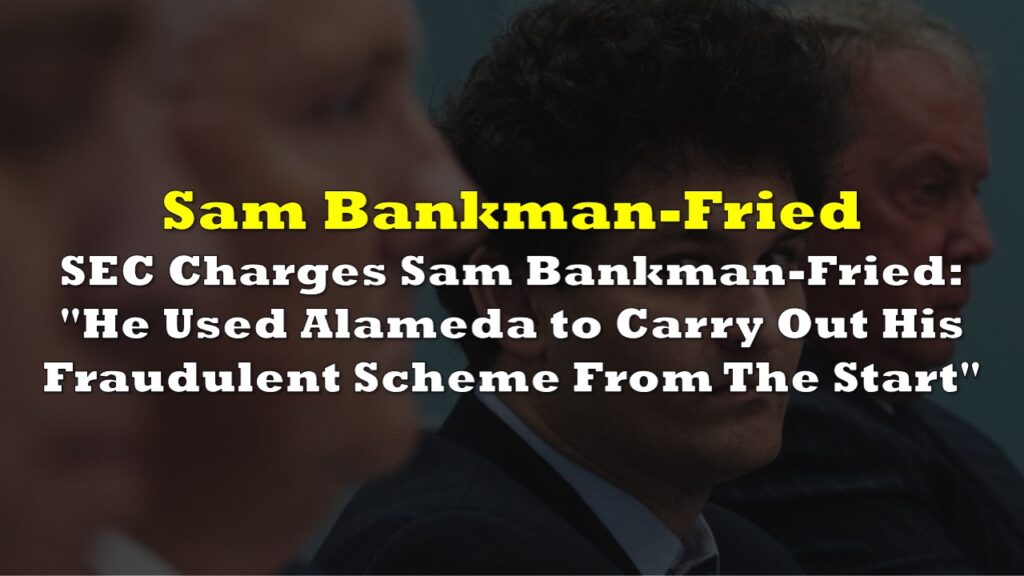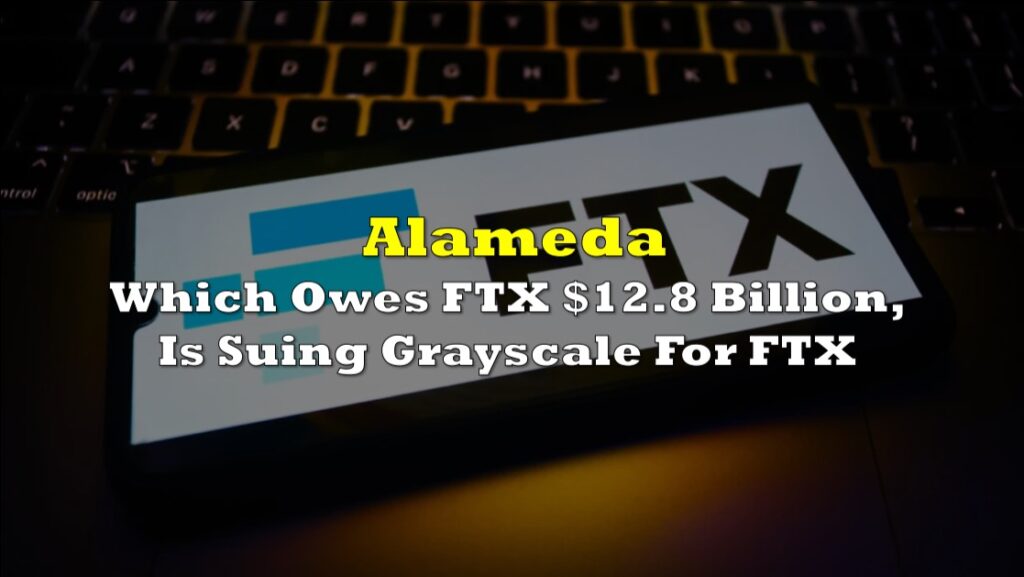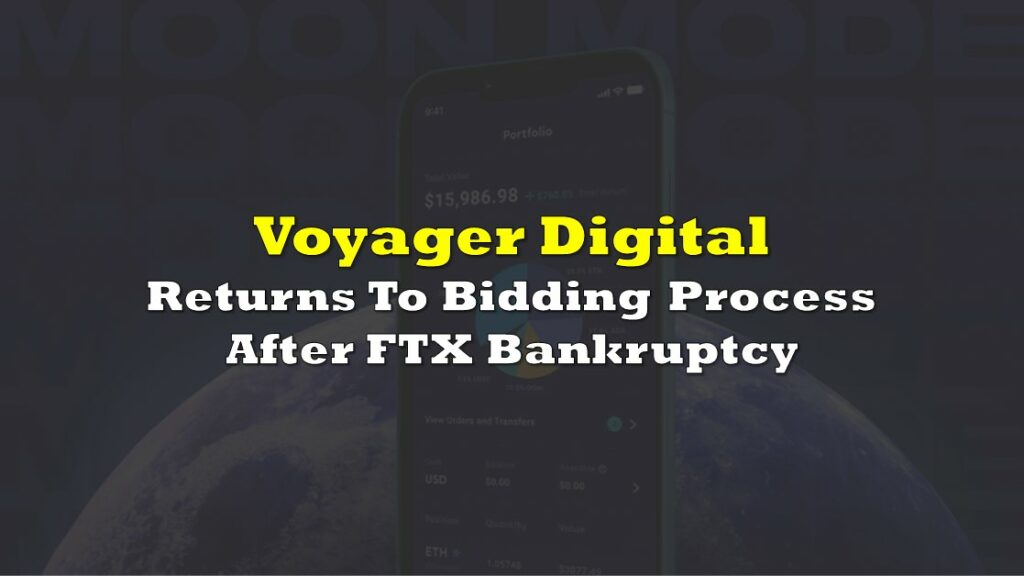FTX, the cryptocurrency exchange that filed for bankruptcy in November 2022 amidst allegations of misusing and losing billions in customer crypto deposits, achieved a significant milestone on Wednesday. In a court hearing held in Wilmington, Delaware, U.S. Bankruptcy Judge John Dorsey granted FTX the crucial permission to liquidate its cryptocurrency assets. The move is aimed at enabling the exchange to reimburse its customers in U.S. dollars, all while mitigating the inherent risks associated with the unpredictable price swings in the volatile world of cryptocurrencies.
FTX’s proposal received the stamp of approval not only from Judge Dorsey but also garnered support from the official committee tasked with representing the interests of FTX’s customers in the bankruptcy proceedings. Additionally, an ad hoc committee representing non-U.S. customers with deposits on FTX.com’s international exchange threw their weight behind the request.
The court’s decision permits FTX to initiate the sale of cryptocurrency assets at a rate of up to $100 million per week. Moreover, it paves the way for the exchange to enter into hedging and staking agreements, allowing them to minimize exposure to price volatility while generating passive income from more established cryptocurrencies like Bitcoin and Ethereum.
During the hearing, concerns raised by two FTX customers regarding the potential impact of FTX’s asset sales on crypto market prices were overruled by Judge Dorsey. These customers had expressed fears that FTX’s sales could trigger a market crash and questioned whether FTX truly possessed all the cryptocurrencies it claimed to hold in its accounts.
FTX, cognizant of the risks involved in liquidating its holdings, addressed these concerns in court filings. They disclosed that they had engaged the services of Galaxy, a U.S.-based crypto firm, as an investment advisor. This decision was made, in part, to manage the risk of “information leakage” leading to short-selling activity and drastic declines in crypto prices. FTX also acknowledged the alternative risks of maintaining its current crypto portfolio, as this could potentially lock them into holding assets as their values decline, as detailed in their court submissions.
Judge Dorsey left the door open for FTX to escalate its liquidation pace to a maximum of $200 million per week, contingent on the agreement of both creditors’ committees.
Retail clawback
The move however could mean a massive clawback of the customer’s withdrawals as far as within the 90-day period prior to FTX filing for bankruptcy. X (fka Twitter) account @Bitfinexed highlighted in a post that there’s “up to $21 billion dollars [that] could potentially get clawed back.”
“If the FTX lawyers actually are able to claw back money from the insiders that knew that FTX was about to collapse, they’ll certainly be earning their fees. These early withdrawals are all the OG crypto scammers,” the X account added.
FTX is looking at a possible retail clawback!!! pic.twitter.com/l1FnOKpll7
— FTXRELOADED (@FTXRELOADED) September 11, 2023
It’s game over if FTX does a 90 day look back period of withdrawals from FTX. Up to $21 billion dollars could potentially get clawed back.
— Bitfinex'ed 🔥🐧 Κασσάνδρα 🏺 (@Bitfinexed) September 13, 2023
Just 4000 users make up $17 billion. pic.twitter.com/xufb0dE5Qq
As per FTX’s Monday court filing, the exchange claims ownership of $3.4 billion in cryptocurrencies. This comprises of $1.16 billion in Solana, $560 million in Bitcoin, and $192 million in Ethereum.
While FTX remains in the throes of bankruptcy proceedings, they have made substantial progress in recovering more than $7 billion in assets to reimburse their customers. Their pursuit of further recoveries through legal action against FTX insiders and other parties who received funds prior to the bankruptcy filing is ongoing.
Notably, Sam Bankman-Fried, the founder of FTX, has pleaded not guilty to charges alleging that he defrauded FTX customers by diverting their funds to support his own high-risk investments, while other former FTX executives have admitted guilt to criminal charges.
Information for this briefing was found via Reuters and the sources mentioned. The author has no securities or affiliations related to this organization. Not a recommendation to buy or sell. Always do additional research and consult a professional before purchasing a security. The author holds no licenses.

